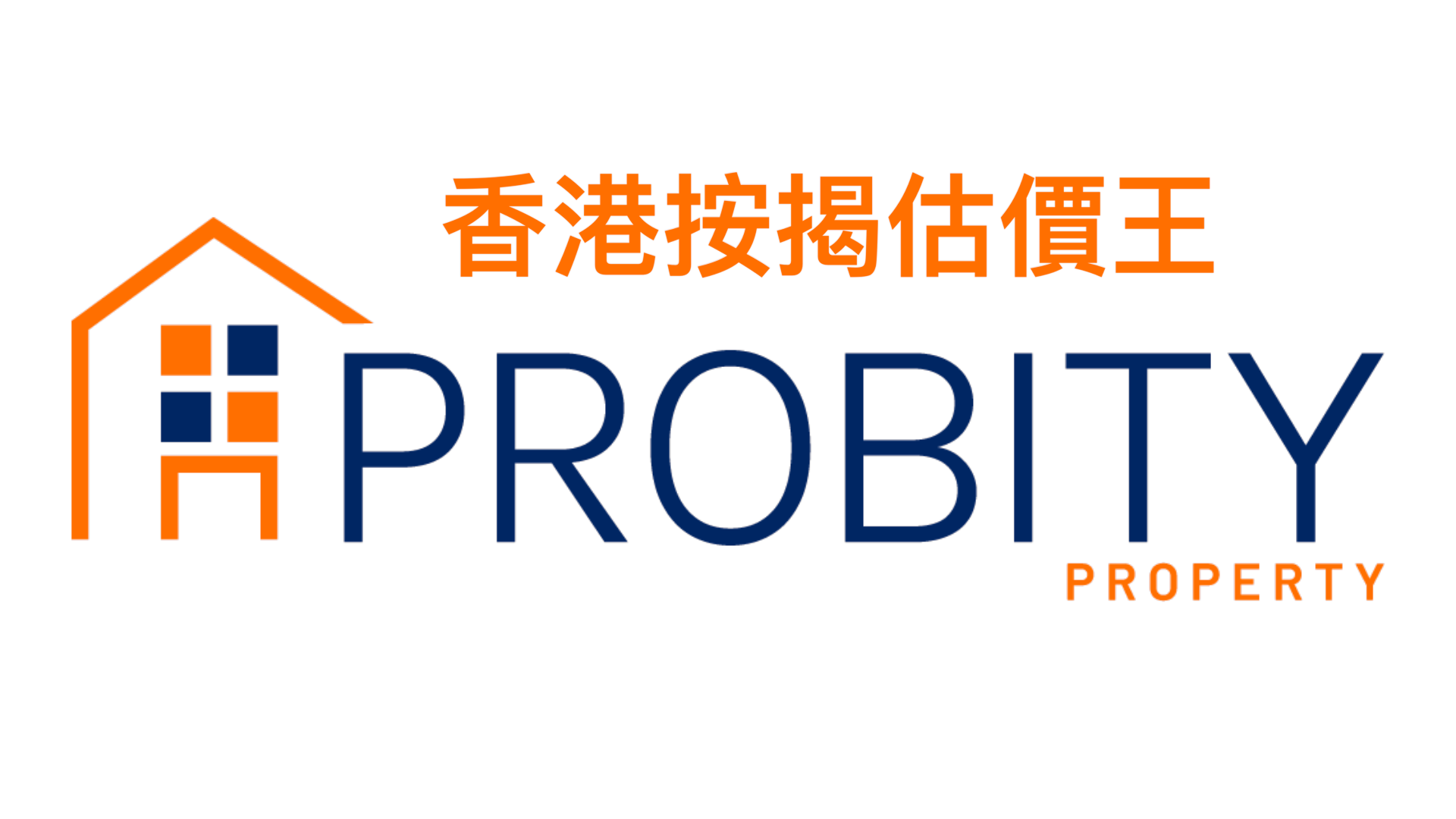How to buy property without worries? Understanding bank-owned properties

How to buy property without worries? Understanding bank-owned properties
Bank-owned properties, also known as "real estate owned" or "REO" properties, may not necessarily be cheaper and require careful attention to detail and risk assessment.
In recent years, property prices in Hong Kong have soared to new heights, making it increasingly difficult for the average citizen to afford a home. However, bank-owned properties may offer another viable option for those with some financial resources but not enough to qualify for public housing.
What are bank-owned properties?
When a property owner is unable to continue making payments, the bank has the right to repossess the property and sell it. These properties are known as bank-owned or REO properties. Typically, banks will appraise the property and then auction it off, using the proceeds to pay off the outstanding loan balance. Any remaining funds are then returned to the original property owner. As a result, the sale price of a bank-owned property may not necessarily be lower than the market price and may even be higher.
Of course, there may be cases where a bank-owned property is sold at a lower price. For example, the interior design, orientation, view, and floor level can all impact the value of a property. It may also be due to various problems with the original property owner, which may lead to additional risks for the buyer. Consequently, banks may sell the property at a lower valuation.
When purchasing a bank-owned property, buyers must be aware of various risks, such as:
1.Understanding the condition of the bank-owned property.
After repossessing the property, the bank often does not perform any maintenance or renovations, and the buyer must bear these costs. Additionally, buyers should ensure that the bank's appraisal of the property's value is fair. Some banks may undervalue the property to facilitate a quick sale. Buyers can consult with a professional real estate appraiser to assess the property's value and ensure that it is not undervalued.
2. Understanding the legal issues related to the bank-owned property.
There may still be legal issues related to the original property owner that need to be resolved after the bank repossesses the property. Buyers should carefully review the documents provided by the bank to understand any legal issues related to the property and avoid future disputes.
3. Paying attention to the bank's purchase conditions.
Some banks may require buyers to obtain approval or sign additional documents before purchasing the property or require immediate payment of a certain amount after the purchase. Buyers should carefully review the information provided by the bank to ensure that they meet the bank's purchasing conditions.
In summary, bank-owned properties are typically priced similarly to other second-hand properties on the market. Buyers must pay attention to various details and risks when purchasing a bank-owned property to avoid future problems. If buyers carefully understand the various conditions of bank-owned properties and make prudent decisions, purchasing a bank-owned property may offer another option for property ownership.


